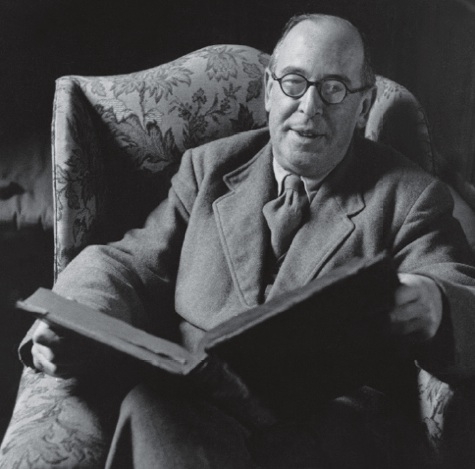 When was it that you realized your early inspirations no longer held sway over you, when that childhood book just didn't hit you the same way anymore? What changed?
When was it that you realized your early inspirations no longer held sway over you, when that childhood book just didn't hit you the same way anymore? What changed?
For
me, this moment occurred when I looked back over some of my early
stories and found that they were the work of different writer than the
one I had become in the years between writing them and re-discovering
them. My early work tended to be inspired more by the allegories of C.S.
Lewis, and I was was working in a Christian bookstore at the time
trying to get a job as an editor for a Southern Baptist Convention, I
wrote what I knew. And what I knew was the stories within the Christian
subculture of Frank Peretti and Randy Alcorn, so that's what I wrote,
only with a sci-fi slant.
However, a few years later
(even while working for the SBC) I found I had become a different kind
of writer. I no longer felt compelled to write to the choir (so to
speak) or to write for any evangelistic or allegorical motive. I simply
wanted to tell stories.
Because I am who I am and was who I was,
certain values will and would come through those tales, but gone were the days of
writing with an foreordained agenda.
I still love to
read C.S. Lewis -- don't get me wrong -- but I'm not looking to write
that kind of story anymore, nor do I believe that's my calling.






